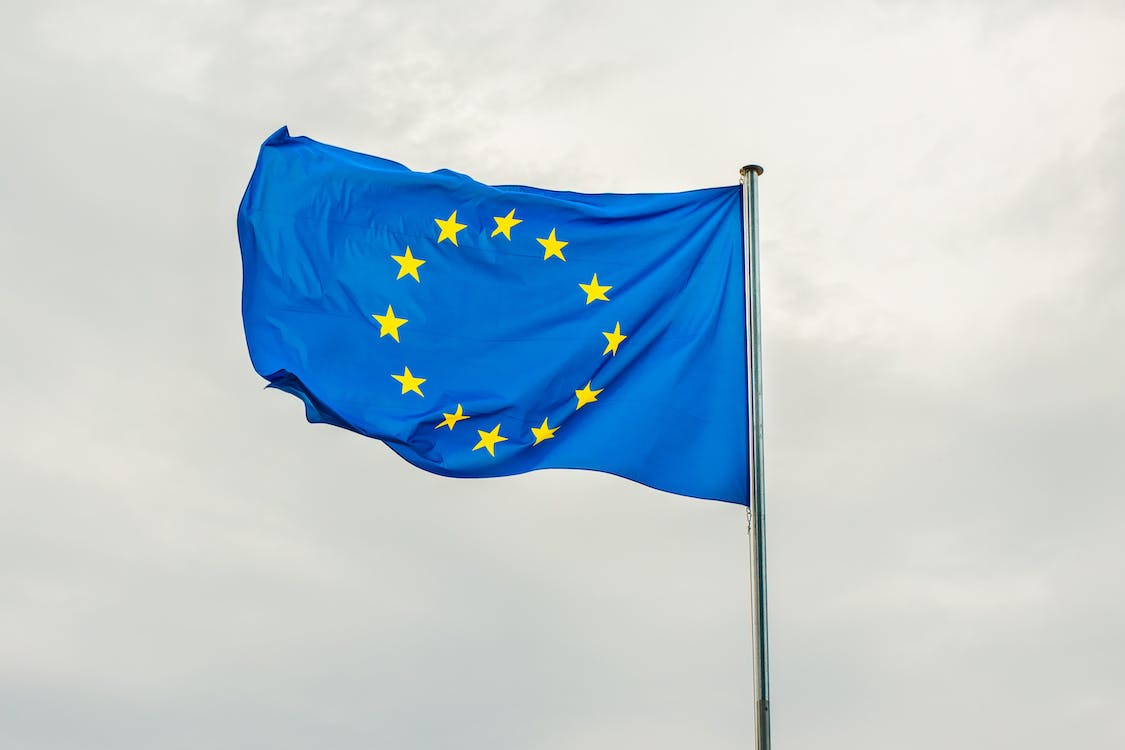A new law to ensure that batteries are collected, reused and recycled in Europe is entering into force in mid August 2023. The new Batteries Regulation will ensure that, in the future, batteries have a low carbon footprint, use minimal harmful substances, need less raw materials from non-EU countries, and are collected, reused and recycled to a high degree in Europe. This will support the shift to a circular economy, increase security of supply for raw materials and energy, and enhance the EU’s strategic autonomy.
In line with the circularity ambitions of the European Green Deal, the Batteries Regulation is the first piece of European legislation taking a full life-cycle approach in which sourcing, manufacturing, use and recycling are addressed and enshrined in a single law.
Batteries are a key technology to drive the green transition, support sustainable mobility and contribute to climate neutrality by 2050. To that end, starting from 2025, the Regulation will gradually introduce declaration requirements, performance classes and maximum limits on the carbon footprint of electric vehicles, light means of transport (such as e-bikes and scooters) and rechargeable industrial batteries.
The Batteries Regulation will ensure that batteries placed on the EU single market will only be allowed to contain a restricted amount of harmful substances that are necessary. Substances of concerns used in batteries will be regularly reviewed.
Targets for recycling efficiency, material recovery and recycled content will be introduced gradually from 2025 onwards. All collected waste batteries will have to be recycled and high levels of recovery will have to be achieved, in particular of critical raw materials such as cobalt, lithium and nickel. This will guarantee that valuable materials are recovered at the end of their useful life and brought back in the economy by adopting stricter targets for recycling efficiency and material recovery over time.
Starting in 2027, consumers will be able to remove and replace the portable batteries in their electronic products at any time of the life cycle. This will extend the life of these products before their final disposal, will encourage re-use and will contribute to the reduction of post-consumer waste.
To help consumers make informed decisions on which batteries to purchase, key data will be provided on a label. A QR code will provide access to a digital passport with detailed information on each battery that will help consumers and especially professionals along the value chain in their efforts to make the circular economy a reality for batteries.
Under the new law’s due diligence obligations, companies must identify, prevent and address social and environmental risks linked to the sourcing, processing and trading of raw materials such as lithium, cobalt, nickel and natural graphite contained in their batteries. The expected massive increase in demand for batteries in the EU should not contribute to an increase of such environmental and social risks.






